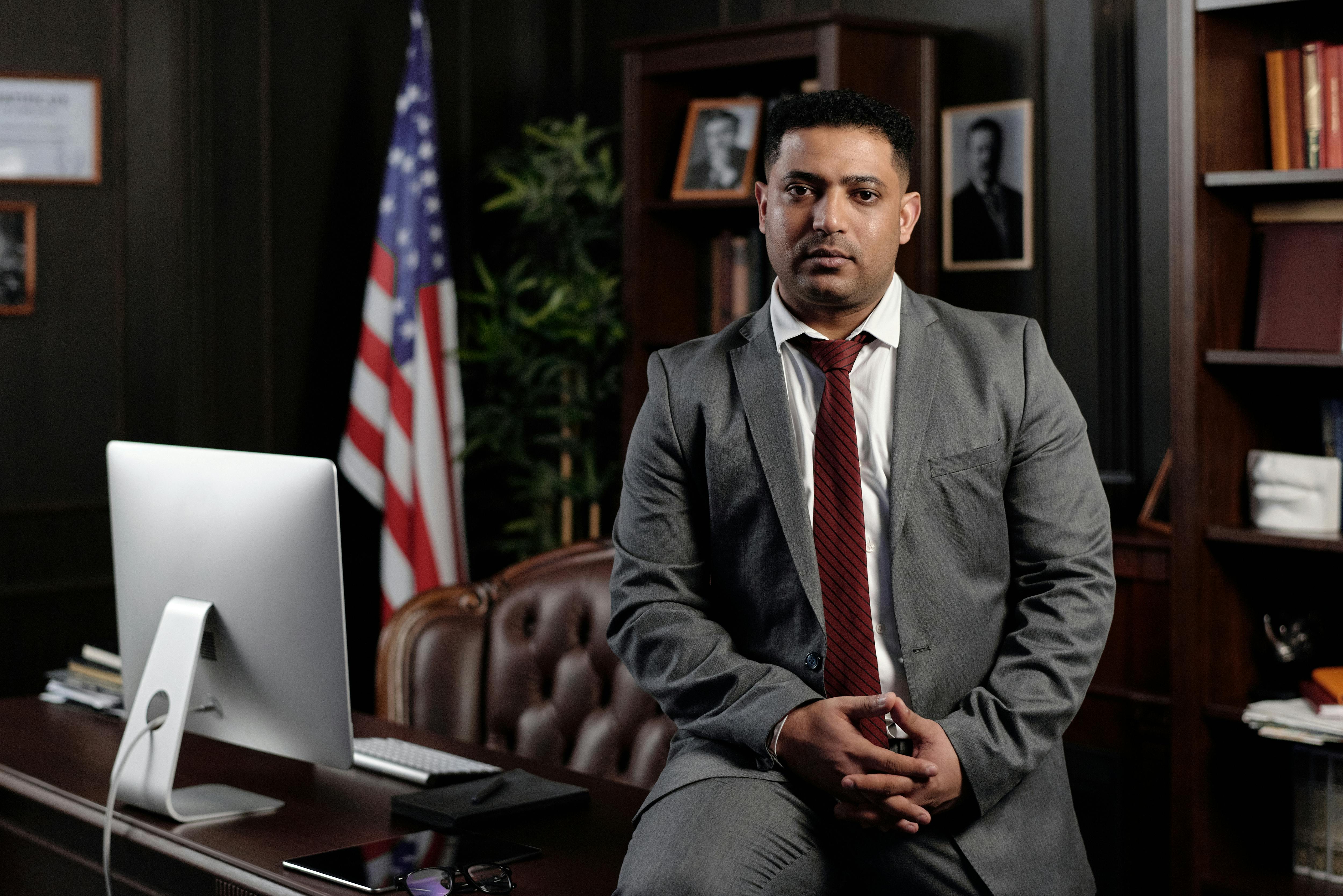Whenever we run into obstacles along the way, there is usually more than one path to choose from. We make these decisions when we choose a school, a career, a home, and a partner. But these options, like all options, are rarely set in stone. These decisions do not come without stress, effort and pain. Such is the choice to end a marriage. But simply choosing to end a marriage does not mean that all decisions are made. In fact, a long list of challenges begins immediately. First and foremost is the choice of a process to end the marriage: mediation or divorce court proceedings. The path you choose has both short-term and long-term consequences.
Many couples choose mediation for a variety of reasons. The main reason may be that each party has more individual control and guidance over the process. Handing everything over to the lawyers takes much of the control out of the hands of the individual and takes control of a whole new set of protocols. Couples who want to remain intimately involved in the process often choose mediation. In the mediation process, each party is involved in all aspects of how property is divided and custody issues are resolved.
Cost is also an important factor. Studies show that mediation can cost 1/10 to 1/3 less than divorce court proceedings. Protecting marital assets and directing them to higher priorities is essential. In mediation, the couple determines how much is spent on the negotiations, while in divorce court, with the lengthy proceedings, the costs can quickly multiply.
As couples establish their respective priorities, it is important to keep in mind that these concerns will receive more attention from a mediator than from a divorce attorney or judge. Lawyers with large caseloads have little time to weigh and measure individual concerns with the attention they truly require. The main function of a mediator is to do just that: listen. In divorce court, you may only get two to three minutes to testify on your case and this is not a place where all of your issues will be heard. In mediation, the couple is given the time and place to make their issues known and to address them sensitively. Since this is done in private, a full hearing is the norm, not the exception.
Mediation gives both parties a voice and does so with a much lower financial investment than legal proceedings. The amount of marital property spent in the divorce greatly reduces the amount left to be divided by both spouses and, more importantly, left for the couple’s children.
Confidentiality is also an important consideration when revealing intimate details of a couple’s relationship. In divorce court, these matters become public record in perpetuity and the couple has no control over who will ultimately access them. Divorce records are often sealed, but may be used in future proceedings. There is even the possibility that these documents will eventually be available online. In mediation, the strictest confidentiality guidelines are used and both parties have discretion as to how they are accessed and used. This encourages more openness and an atmosphere of honesty that can help throughout the process.
The open and honest nature of mediation involves significantly less stress than the confrontational climate of divorce court. Quite simply, the structure of a short procedure is stressful. Because the couple has no say in the scheduling or timing of the procedure or where it will take place, the stress of uncertainty and loss of control increases the level of powerlessness couples feel when entering court proceedings. Simply being able to schedule your own sessions and having them in a familiar environment can give a sense of control to the process.
Finally, remembering life after the end of a marriage is important. When there is a complex property agreement and more especially when children are involved, it is vital to consider the consequences of divorce. In an adversarial divorce court proceeding, the things that are often said and done take on a life of their own. There is often no way to lessen the effect these actions have on children. When parents are divided over public conflict, it is difficult to protect children from knowledge of and exposure to these conflicts. Mediation offers privacy and time to resolve conflicts before they escalate into public battles. Through mediation, the parents have time to consider and come to an agreement on how marital problems will be presented to the children. The advantages for children are obvious. Allowing parents to exercise this control and protect their children from the more negative aspects of divorce is the highest priority of a sensitive and intuitive mediator.
Finally, a mediator offers a way to make a painful situation less stressful and traumatic by listening and guiding, instead of imposing superficial guidelines that are not exclusive to the couple. Each couple brings a unique story to mediation, and this story deserves the time and attention to respect it and use its details to reach a mutually acceptable conclusion. When this is accomplished, the mediator can confidently say that the mediation has been successful.




